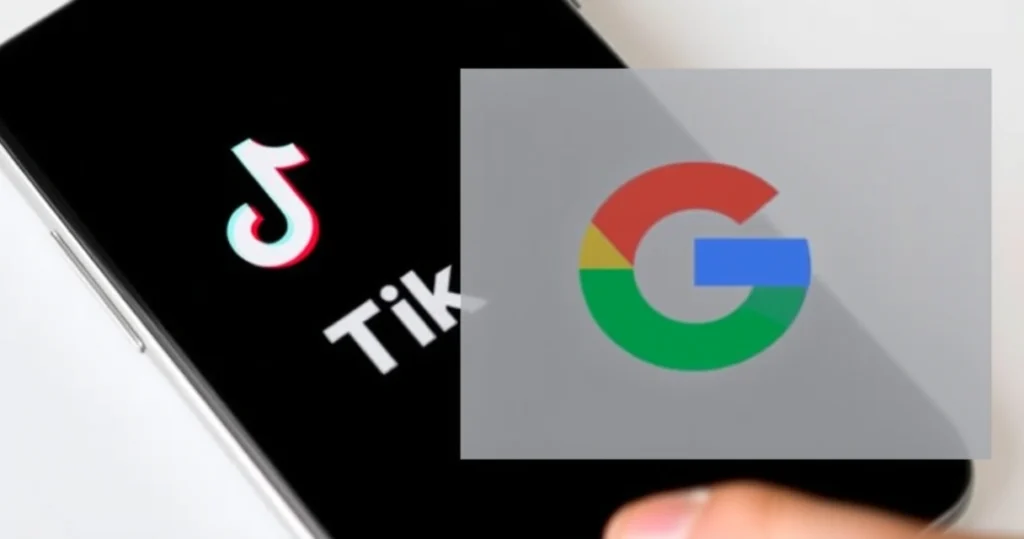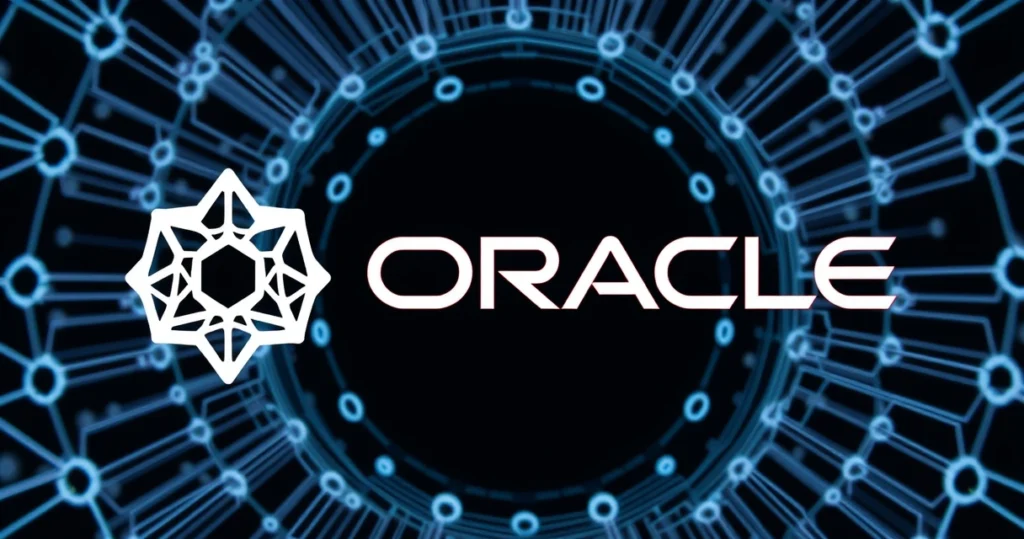In a world where digital applications dominate our daily lives, the fate of popular platforms can shift dramatically based on political decisions and legal frameworks. One of the most talked-about cases in recent years has been the potential ban of TikTok in the United States. This article explores how legal assurances from the U.S. Department of Justice have allowed tech giants like Apple and Google to sidestep the implications of the TikTok ban, ensuring the app’s continued availability on their platforms.

More than six months have passed since TikTok was briefly banned, yet its future in the U.S. remains uncertain. Despite the controversies surrounding the app’s ownership by Chinese company ByteDance, Apple and Google have managed to maintain their support for TikTok, thanks to crucial legal guarantees. This article delves into the background of the TikTok ban, the legal assurances provided to the tech giants, and the broader implications of these developments on national security and digital landscape.
The Context of the TikTok Ban
The TikTok ban saga began in earnest during the administration of former President Donald Trump, who expressed concerns over the app’s potential threats to national security. In January 2025, an executive order was issued that aimed to restrict the application’s operation in the U.S. due to fears about user data being accessed by the Chinese government. However, this ban was short-lived, lasting only a few hours before the service was restored.
The initial ban raised significant questions regarding the legal framework and potential liabilities for companies like Apple and Google. The Protecting Americans from Foreign Adversary Controlled Applications Act, enacted to safeguard U.S. interests, imposed strict regulations on apps linked to foreign adversaries. As a result, both companies faced a dilemma: support TikTok and risk legal repercussions, or comply with the ban and lose a lucrative application.
Legal Assurances from the Department of Justice
The turning point in this situation came with the issuance of legal assurances from the U.S. Department of Justice (DOJ). On January 30, 2025, Attorney General Pam Bondi communicated in a letter to Apple and Google that the President had determined that shutting down TikTok would interfere with national security and foreign affairs responsibilities. This assertion provided a legal basis for the tech companies to continue their services without fear of liability.
Key Points from the DOJ Assurances
- The President deemed the abrupt TikTok shutdown as detrimental to national security.
- Apple and Google were granted explicit permission to continue services without incurring legal liability.
- The assurances were formalized in letters sent to major tech platforms, including Amazon and Oracle.
Follow-Up Legal Developments
In a follow-up letter dated April 5, 2025, Bondi reiterated the legal protections extended to Apple and Google. This letter marked a significant milestone in the ongoing discourse surrounding TikTok, as it indicated an irrevocable relinquishment of any claims the U.S. government might have had against the companies concerning the app during both the “Covered Period” and the “Extended Covered Period.” This further solidified the legal standing of Apple and Google, allowing them to operate TikTok without concerns about potential sanctions or penalties.
Implications of the Legal Assurances
The legal assurances provided to Apple and Google have far-reaching implications beyond TikTok itself. They highlight the complexities of national security in the digital age and raise critical questions about the government’s role in regulating technology. The assurances also underscore the delicate balance between protecting national interests and fostering innovation and competition in the tech industry.
The Broader Impact on National Security
The situation surrounding TikTok serves as a case study in the intersection of technology, law, and national security. As countries grapple with the implications of foreign-owned apps, legal frameworks must evolve to address new challenges. The assurances provided to tech companies reveal a strategy that prioritizes national security while also considering economic ramifications.
Moreover, the ongoing discussions about TikTok’s ownership and its future in the U.S. market indicate that this issue is far from resolved. With the potential for new ownership structures to emerge, the legal landscape may shift once again, requiring continuous dialogue between the government and tech stakeholders.
Frequently Asked Questions (FAQs)
1. What is the Protecting Americans from Foreign Adversary Controlled Applications Act?
The Protecting Americans from Foreign Adversary Controlled Applications Act is legislation aimed at regulating applications owned by foreign entities that may pose a risk to U.S. national security. It establishes guidelines for assessing potential threats and taking action against apps deemed dangerous.
2. Why was TikTok briefly banned in the U.S.?
TikTok was banned due to concerns that its Chinese ownership could lead to the misuse of American users’ data, posing risks to national security. The ban was part of a broader strategy to mitigate perceived threats from foreign adversaries.
3. How did legal assurances from the DOJ affect Apple and Google?
The legal assurances provided by the DOJ allowed Apple and Google to continue supporting TikTok without facing legal liabilities, effectively shielding them from the consequences of the TikTok ban.
4. What are the implications of the ongoing TikTok saga for other tech companies?
The ongoing developments surrounding TikTok may serve as a precedent for how other tech companies navigate regulatory challenges related to foreign ownership and national security concerns.
5. What could happen to TikTok in the future?
The future of TikTok in the U.S. remains uncertain, with discussions about potential ownership changes and further legal assessments taking place. The ongoing dialogue between the government and technology stakeholders will shape the outcome.
Conclusion
The legal assurances provided to Apple and Google have played a crucial role in the ongoing saga of TikTok in the United States. As the digital landscape continues to evolve, so too will the legal frameworks that govern it. The interplay of national security concerns and the interests of tech companies underscores the need for a thoughtful approach to regulation. As we witness these developments, it is clear that the fate of TikTok—and similar applications—will remain at the forefront of discussions on technology and national security for the foreseeable future.
📰 Original Source
Este artigo foi baseado em informações de:



